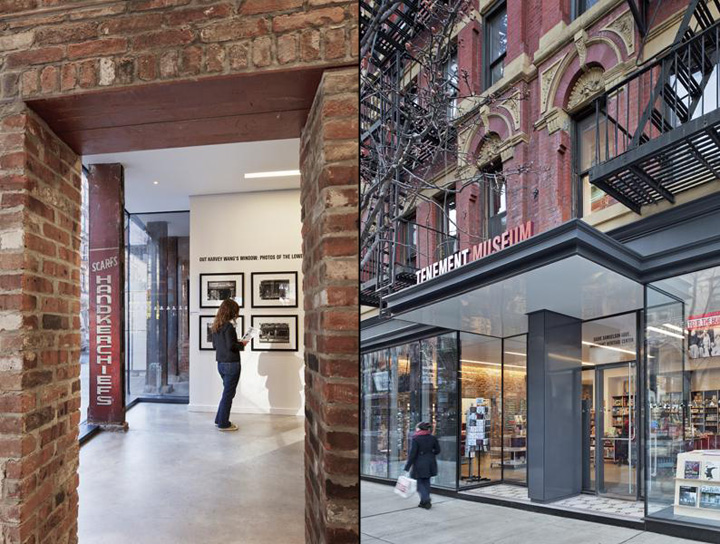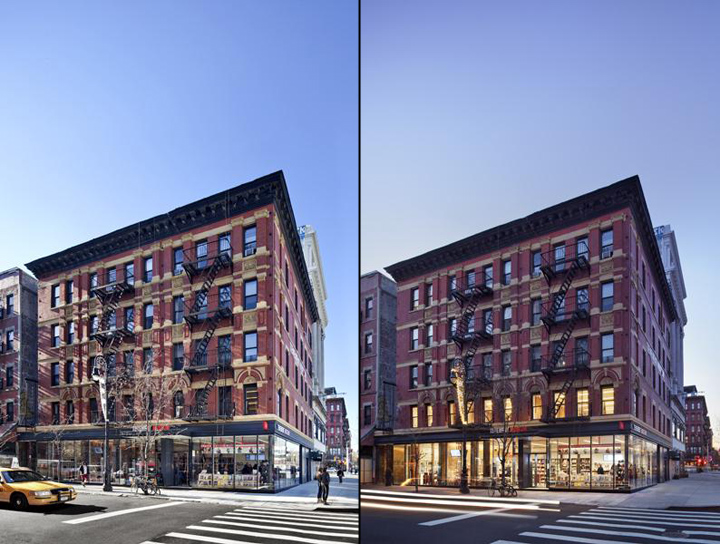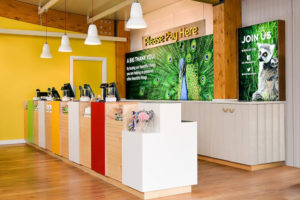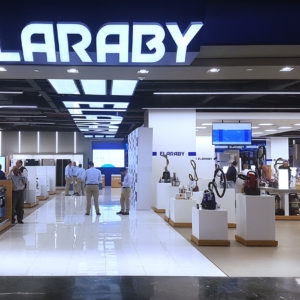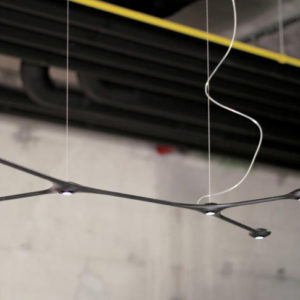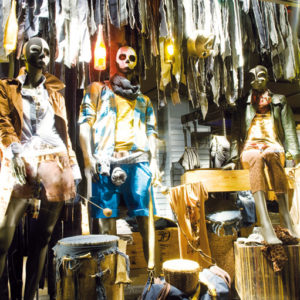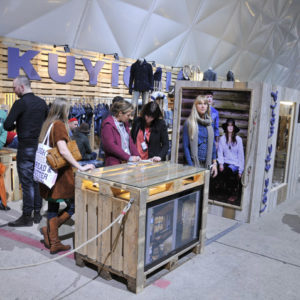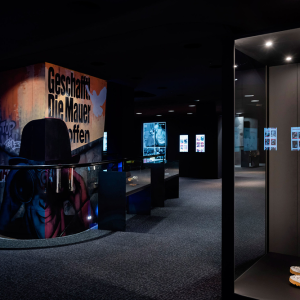
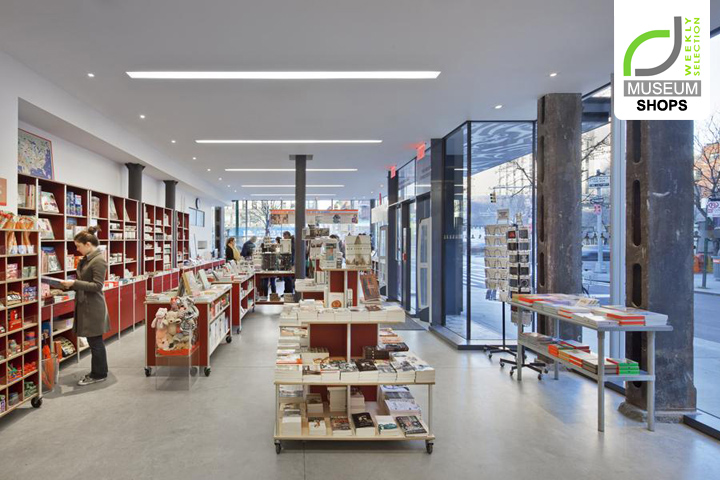

The Lower East Side Tenement Museum—comprising three separate buildings at 91 Orchard Street (“Community Resource Building”), 93 Orchard Street (“Historic Building”), and 103 Orchard Street (“Public Building”)—takes literal and figurative cues from the architectural fabric and the vibrant history of the neighborhood to create a unique institution singularly dedicated to the understanding of the immigrant experience in the United States.

As the first and only museum in the US to commemorate the history of urban, working-class immigrants, The Tenement Museum serves as a critical piece of American history while demonstrating its continued relevance. Educational outreach is a critical component of its mission, but in order to enhance such services, the Museum recognized the need for revitalized and restored facilities at 91 and 97 Orchard and, in the case of 103 Orchard, a completely refreshed public face.
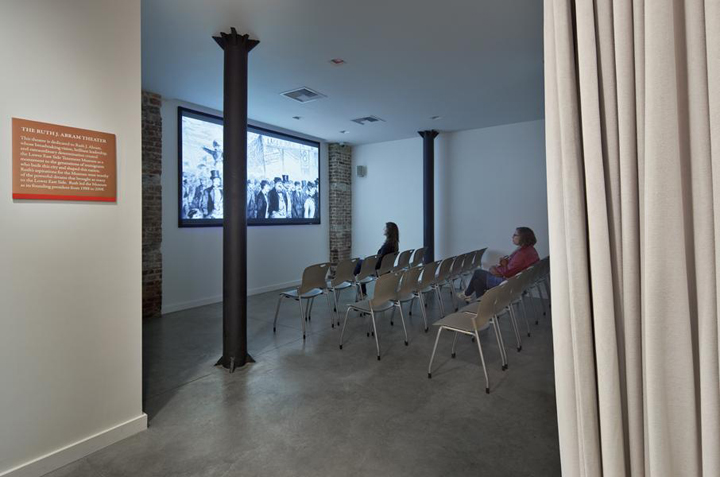
On one of the most prominent corners of the Lower East Side, where Delancey meets Orchard, the new storefront for the Museum at 103 Orchard creates a physical gateway for the neighborhood. Previously home to diverse retail establishments throughout the community’s evolution, it has served as an economic anchor to the neighborhood and so was fitting to restore it as the public “face” of the Museum. Now transformed into a transparent, open, and inviting storefront, the space literally embodies the Museum’s mission: “Revealing the past. Challenging the future.”

Where architectural and structural elements were uncovered, retained, and exposed from previous renovations, others served as inspiration for modern elements: new tiles take inspiration from 1800s colors and patterns used throughout the building while a remnant of Victorian wallpaper serves as the inspiration for proposed future ironwork. Modern technology integrated throughout helps the Museum further expand upon its mission, through a dedicated film viewing room, full-size professional kitchen, and art gallery/flexible space for community use.
Designed by Perkins Eastman
